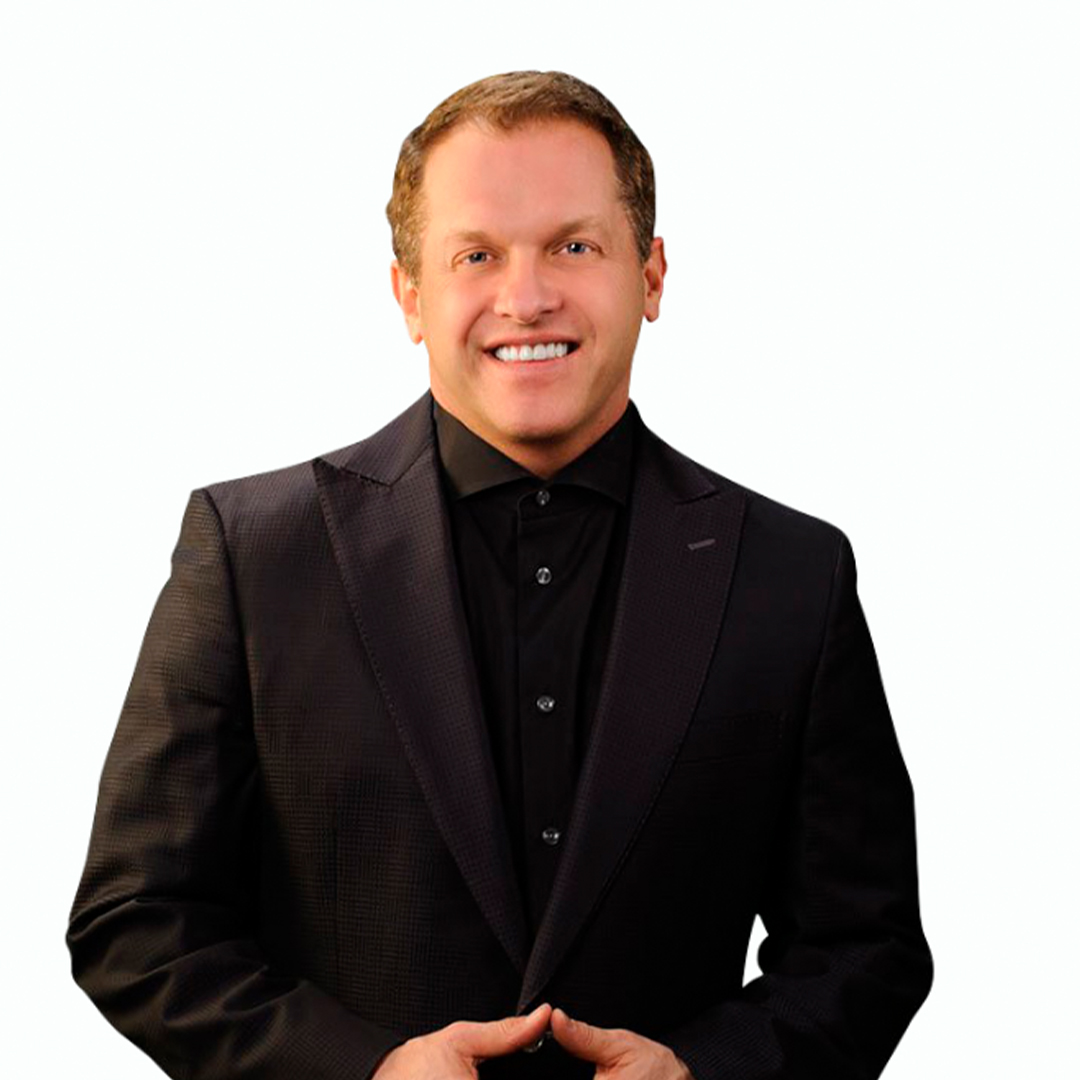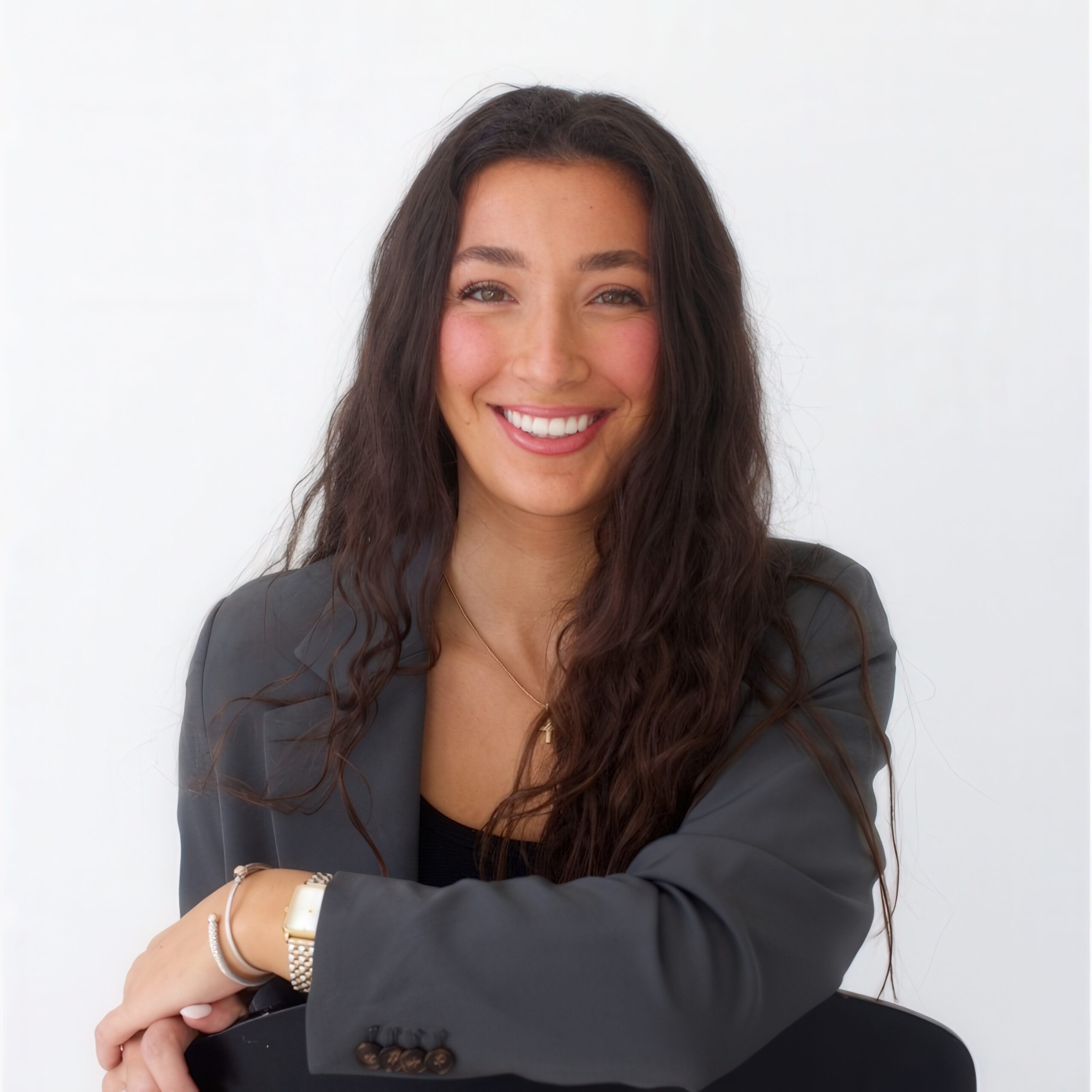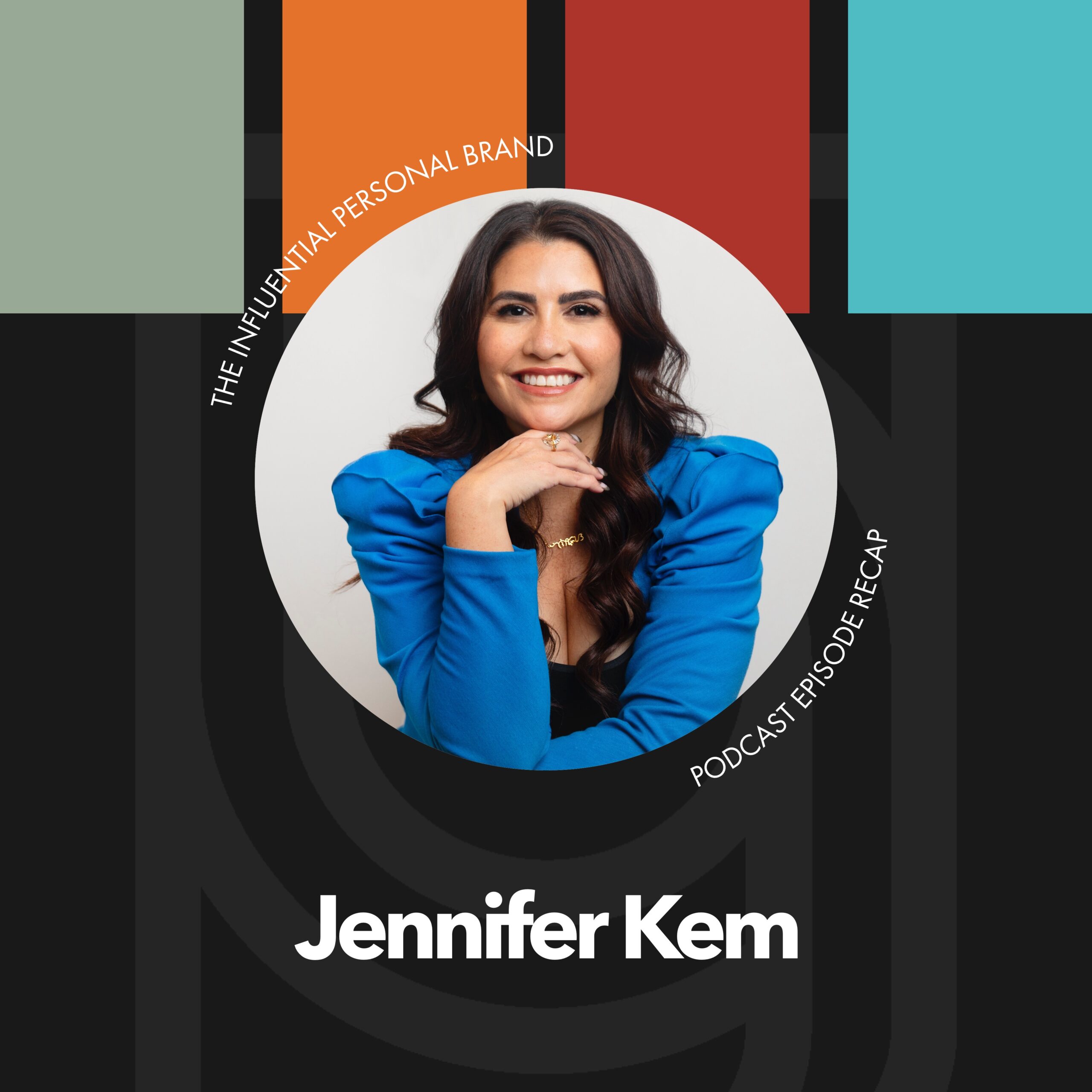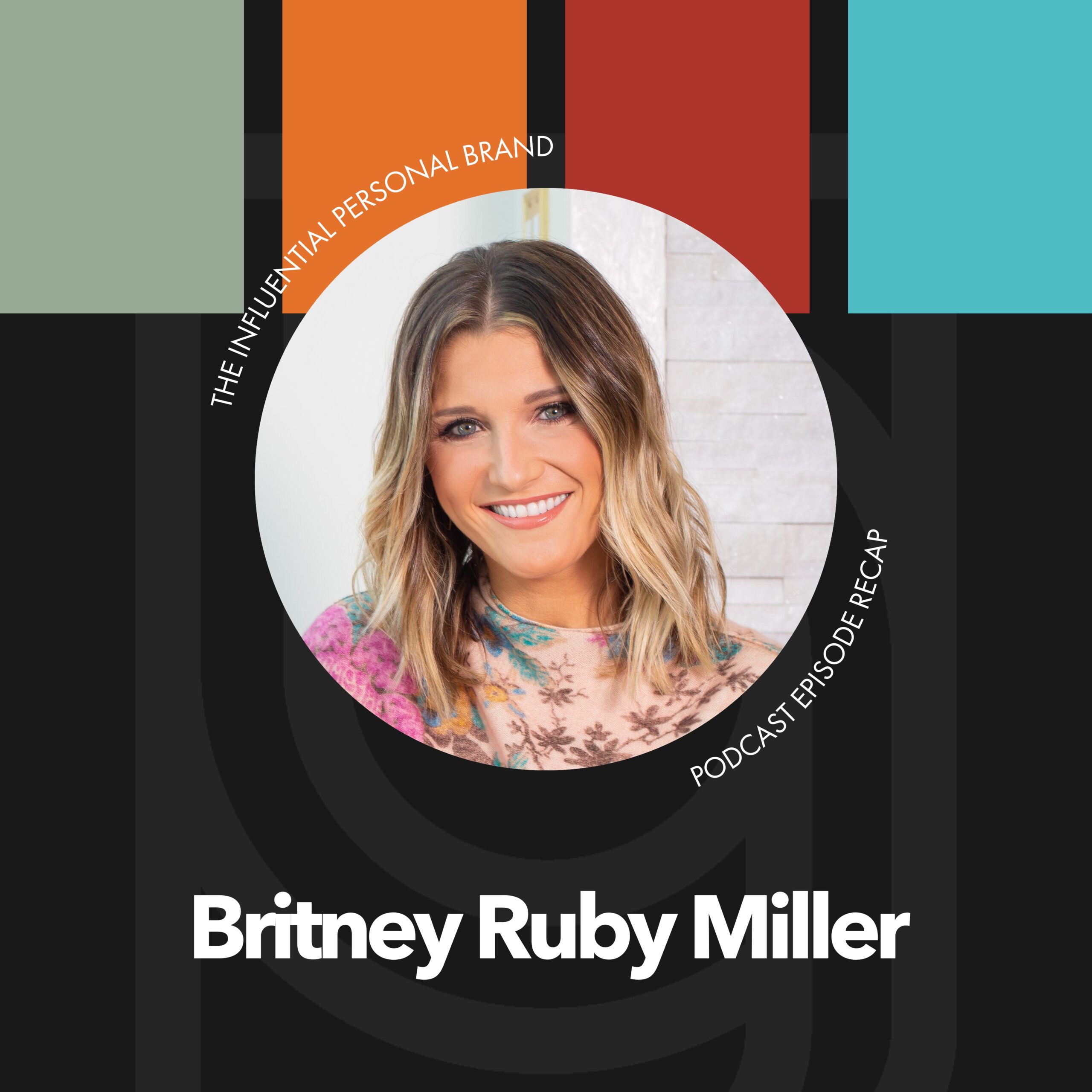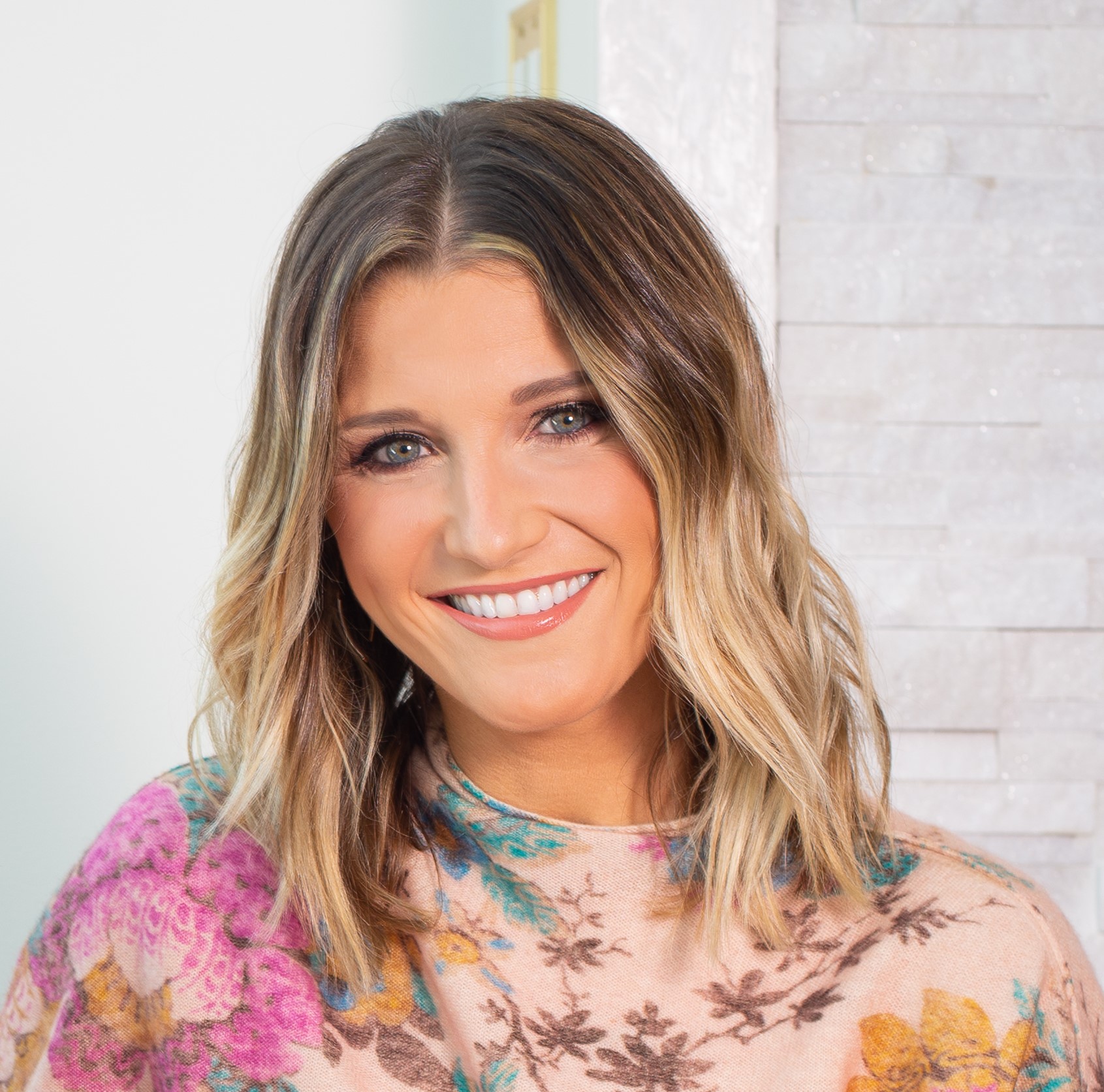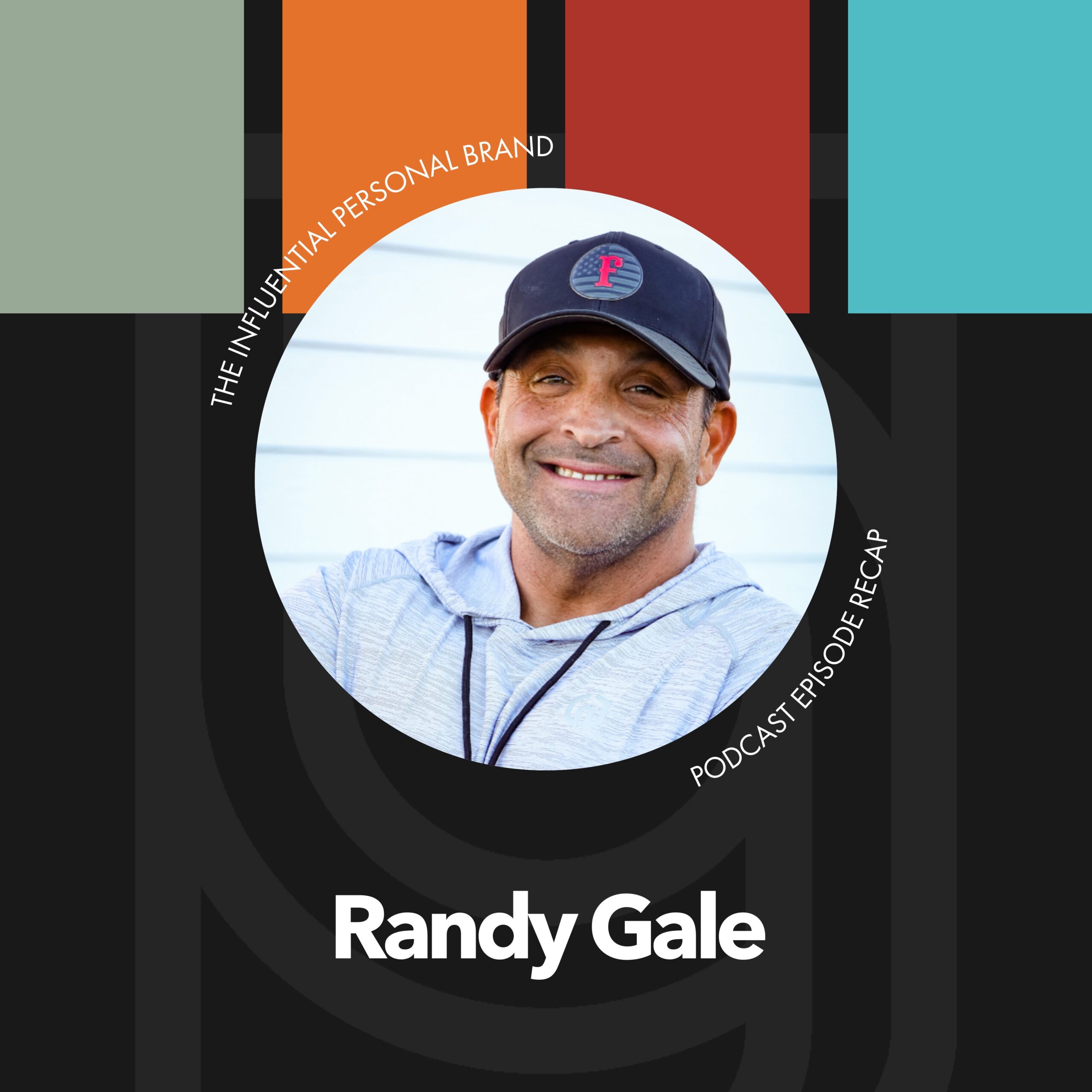Speaker 1: (00:06) RV: (00:06) Hey, brand builder, Rory Vaden here. Thank you so much for tuning in to listen to this interview. We are so excited to bring you this information and wanted to let you know that Hey, there’s no sales pitch coming from anything that we do with. This is all our value add to you and the community. However, if you are somebody who is looking for specific strategies on how to build and monetize your personal brand, we would love to talk to you and we offer a free call to everyone that’s interested in getting to know us and is willing to give us a chance to get to know them and share a little bit about what we do. So if you’re interested in taking us up on a free strategy call, you can do that@brandbuildersgroupdotcomslashsummitcallbrandbuildersgroup.com slash summit call. Hope to talk to you soon on with the show. RV: (01:03) It is my honor and distinct pleasure and privilege to introduce you to somebody who is really interesting. I admire this guy as a mentor. Also value his friendship. But in addition to all that, this is someone that I have actually learned so much from in terms of how to run a great business. So John DiJulius is his name and it’s hard to refer. It’s hard for me to refer anyone else in the customer service or customer experience space that’s like, this is the man that I learned it from that I follow. He’s written all the books on the subject. Several books customer service customers, [inaudible] secret service. What’s the secret customer service rep revolution. He ha hosts every year. The customer service revolution conference. I’ve spoken there twice. AGA has spoken there. And John is just an amazing guy who has totally dominated a vertical, is a real expert. And I asked him to just come and share the true story of how he built his personal brand in such a dedicated, consistent way. And so here he is. John de Julius, welcome to the show. JD: (02:15) Thanks Rory. It is such an honor to be here and the best and only piece that I care about in that introduction is that our friendship, that that means the world to me. RV: (02:25) Yeah. I you really do live that, you know, brother and the relationships and, and I, I’ve always admired that about you and I’ve looked up to you and I think, you know, when I think about your business you’re a great example of one of the things that we talk about brand builders group. It’s just, you know, breaking through the wall by becoming known for one thing and in your space it’s just like you’re one of only a few people really that are even at that top tier, top caliber. Tell us a little bit about how you got started. You know, cause you used to be a truly like a, you know, tell us about spas and then tell us like, how did you, how did you move into where you were teaching customer service? JD: (03:12) Yeah. you know, all on accident. I wish I could tell you I had this great plan. And and you know, I like sharing this even with kids, you know, kids be in, you know, college age, just cause, you know, I feel like kids of today have so much pressure on them to figure out what they have to be. And I think it’s crazy for a 21 year old nobody wants to do for the next you know, 50 years. And so when I graduated from college, first I was a horrible student all the way through, really bad, you know flunked out of college, but eventually went back and finished. I was working at UPS and I was driving a truck. And only because it was a significantly better pay than anything I can get back in the late eighties. JD: (04:01) I was making $45,000 as a driver, which might’ve been wet, might as well been $1 million to me. And, and coming out with the marketing degree, it was like 18 to 22,000. So my plan was, you know, I always wanted to be an entrepreneur and, and I was gonna own my own business, so I wanted to put as much weight as I can for the next five years as a ups driver, then quit and open my, and I couldn’t think of anything what that would look like. There was only, you know, two things. I was passionate about owning my own business and sports. And so the only thing I could put two and two together was I was gonna open a sporting goods store. Like that’s really, you know, the only logic I can come up with. And thank God I didn’t end up doing that, but meet my future wife. JD: (04:49) We get married, she’s just fantastic hairdresser. And you know, the, the challenge with, you know, in the late eighties, early nineties was the hair salons and, and, and hair dressers weren’t thought of as a professional place. A lot of great hairdressers quit. While they loved it, they had to get real jobs, right? Jobs that paid vacation and benefits and 401ks and all that training. And so, you know, good hairdressers should be equipment or friends and at work would be quitting. And so, you know, that’s where we got the idea, let’s, let’s open a salon at, offered something different to customers. Unlike not, we didn’t want to be known as the best customer service hair salon. We want to be, you know, anywhere, you know, you went that day paled in comparison, right? I’m kind of like, you know, when you take your kids to Disney you know, every business you visit after that is just disappointing because Disney just blew your mind in the way they take care of it. JD: (05:52) So I’m taking care of employees and then give back to the community, and so my initial plan was if if that took off, I get quit this golden handcuff job that I had at UPS and start my own business. Well, you know, as, as luck, fate would have it, we we almost went out of business the first four weeks. It was my wife and three of her closest friends from cosmetology school you know, for several years earlier. And you know, our, our, our business plan was really a sophisticated back then. It was made of a three or four cocktail napkins. That’s when we’d be out at a bar and talking about opening this Lao, we’d say, Oh yeah, write that down. And we lived there. I have them framed you know, treat customers really well and treat employees really well. JD: (06:42) But we were passionate about it, but the, the three others didn’t want anything to do with that. So it was back to my wife. We’re open a month. I really thought we were going to go out of business, but that’s where I jumped in at full time, a little bit more kicking and screaming cause I didn’t want to be in the industry initially. And then between her artistic and my customer service we just started blowing the doors off. And so we had a 900 square foot salon and, , and it knocked down you know, the doors and expanded at 1200 to 2000. And then we vacated, built, you know, one of the largest in the countries. And then you know, they have open evermore, so 27 years later still have them. But it’s, it’s not what I do. I, you know, I, I don’t have anything to do with it. [inaudible] RV: (07:27) How many are there? How many, how many? You still have JD: (07:31) Four. RV: (07:31) Okay. so you still have these and then at some point you, you go, Kay, I want to move and I want to start teaching this. Did somebody ask you or did you say, was it like a definitive, like I want to go teach customer experience? JD: (07:47) I wish I could say, you know, Rory, I had this plan and it just like going into the salon and distribute, kicking and screaming. I didn’t want to, at first I was so glad I did because we saw the opportunity. You know, while there was a salon at every corner, none of them operated at a high level. Today is a different story. But back then you know, professionalism, all that customer service. So, so we started growing really, really fast and making a lot of noise in Cleveland and they’re all in Cleveland and in the salon industry. So now it’s the mid nineties. We’ve opened up three, four years and people in Cleveland and the salon industry would ask if I’d speak because they were like, you know, what do you guys do here? You’re growing really fast. Your reputation’s X off for customer service. So at first you know, it probably like you, like a lot of people, a total accident. JD: (08:37) I was flattered, you know, that someone wanted to hear my story when I did it locally. I was like, this is cool cause that now I can promote the salons to the local chamber of commerce or whoever at the time when it was asking me. And then what happened was it never thought it would, you know, materialize to you know, two or three people, two or three people come up to me after speak and say, you know, you do this for companies. And I kind of like yeah, what do you charge and I’m like, know charge for what? Like, you know, I didn’t know that there was, you know, you could do this all, you know, on the fly, I’m like, shoot $150. And, you know, they were, you know, shocked. But that, that’s all I’m like, Oh God, I should have asked her more. JD: (09:21) So, but every time I spoke, two or three leads came from that. And so it, you know, and so I was a salon owner that, that spoke a little bit. And then in 2002 I wrote my first book, Secret Service. So you know, again, I know you, you went through this when I started getting a bigger conventions, I was a, the breakout speaker in the basement. They had the map and a flashlight defined and that’s where I belonged. But yeah, the world beaters, you know, Michael Gerber, Tom Peters, Jim Gilmore on main stage, and I watched them, I’d be like, Holy cow. So I’d wait in line without all the 500 attendees when I finally get up there and say, hi, I’m John, I’m a speaker too, and get it. And you know, they, they, they were all so generous and slow down and they gave me their number and, or you know, it may have email, but they said, you know, Hey, I, I’d be happy to help you. JD: (10:17) I couldn’t believe how generous they were. So, you know, I reach out, they said, here’s what you gotta do. You know how to create a website, you got to get demo, you got to write a book. And you know, so I, I listened to them and you know, so my first book comes out and a 2002 secret service and overnight basically that in the next 12 months it took me from a salon and it spoke to a speaker that owned salons. And then since you know, 2003 I haven’t been active in the salons. And then, you know, the salon, the speaking consulting business just exploded from that. RV: (10:53) So then So that’s interesting. So you started as a speaker. Now today, your primary business model, like if you have to go like w you, you know, you’ve got, you’ve got customer service revolution, the conference, you’ve got keynote fees, you’ve got book sales, you’ve got consulting, you’ve got other trainers. What is like, where does most of the revenue come from today? JD: (11:19) Those streams, number one, probably at 50, a little bit more than 50 is customer service consulting. You know, working with Starbucks and Lexus and Pricewaterhouse and you know, all those great companies, the Chick-Filet A’s of the world. And, and we have our consultants and that’s just ongoing in there every month, every quarter. The, the second revenue stream is, you know, keynotes and I primarily do that, but that’s where we get our leads from for our consulting. And then, you know, the, the customer service revolution conference. And then we also have the customer experience executive Academy, which is something that people come to Cleveland for a, for a whole year. They come four times a year. And, and you know, it’s like a, a master’s degree in customer experience. RV: (12:08) Interesting. So they come for four times a year. Like, like how long do they come? JD: (12:13) Three days. January, April, July, October. So next week literally is to 20, 20 class start. So it’s sold out. And so now the, you know, if you want to take the next one, you have to wait until January 20, 21, because you can’t come midstream. It’s, it’s, it’s, it’s, it builds a pipe. We do have an online version, but, but the, the physical class, it’s, you know, 20 to 25 of the tops chief experience officers from all over. You know, they get together and learn our methodology. RV: (12:46) Man. So that is awesome. So then so

